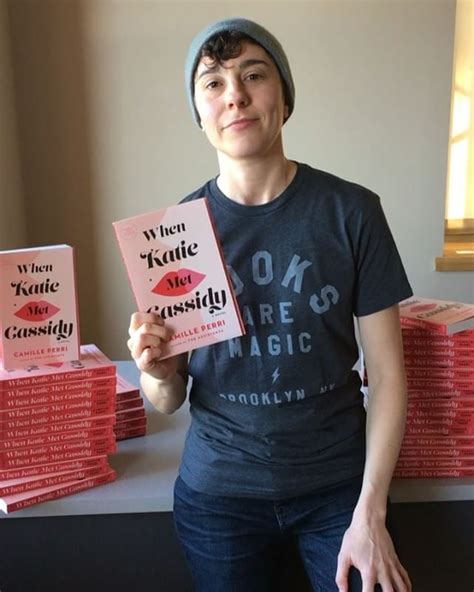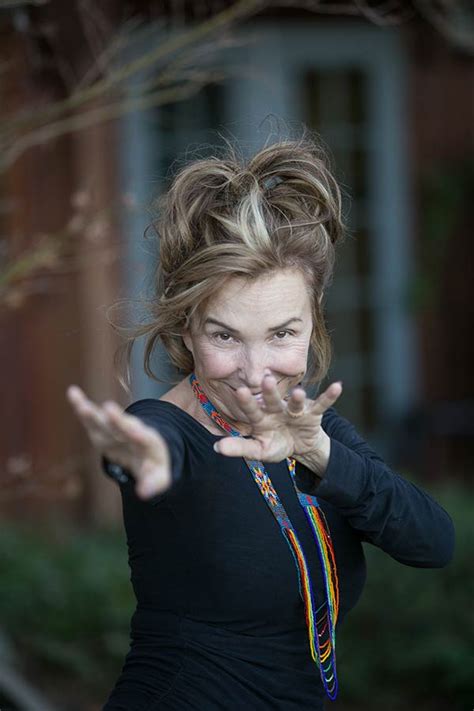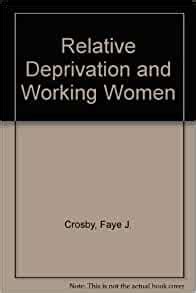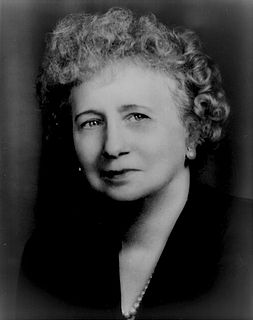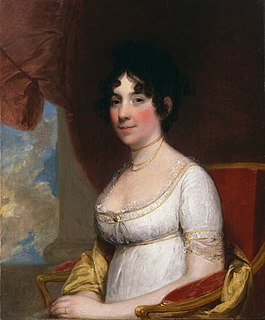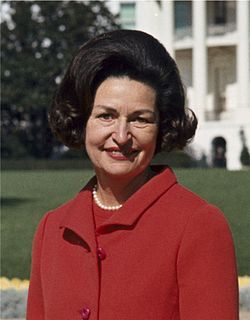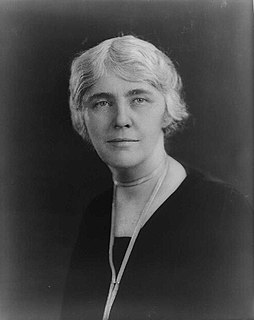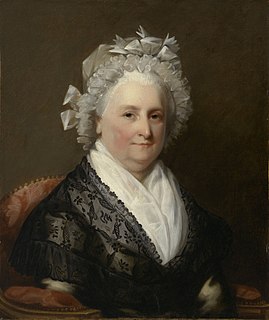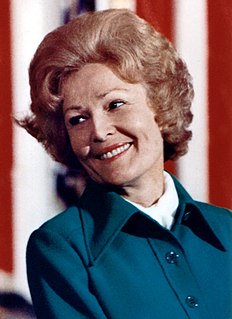A Quote by Michelle Obama
Believe it or not, when we were first married, our combined monthly student loan bills were actually higher than our mortgage.
Related Quotes
Both HUD and the Department of Justice began bringing lawsuits against mortgage bankers when a higher percentage of minority applicants than white applicants were turned down for mortgage loans. A substantial majority of both black and white mortgage loan applicants had their loans approved but a statistical difference was enough to get a bank sued.
Sometimes you have to wonder if there isn't an ejector seat built into having a popular-music career. We were lucky when we started. We were already old when we started - you could have described our first album as "aging Brooklyn guys." We were in our late 20s. We weren't octogenarians, but a lot of bands were already younger than us. Fortunately, we've held on to our manly good looks.
From the first days of my career as an entrepreneur, I have always used my own and my team's lack of experience to our advantage. In fact, at our first venture, Student magazine, we used our newcomer status to secure great interviews and generate publicity - people were excited about our new project and wanted to get involved. Our inexperience fed our restless enthusiasm for trying new things, which became part of our core mission.
Happiness is not like we were walking around fingering razor blades or anything like that. But it just sort of seems as if - we sort of knew how happy our parents were, and we would compare our lives with our parents and see that, at least on the surface or according to the criteria that the culture lays down for a successful, happy life, we were actually doing better than a lot of them were.
Didn't we all have dreams when we were young? But the reality of making a living took over when we had to pay our bills, rent our apartments, raise our families, and take care of others. We sacrificed our dreams, repressed them, or delegated them to the background until they were so far away that we forgot they ever existed.
When men and women across the country reported how happy they felt, researchers found that jugglers were happier than others. By and large, the more roles, the greater the happiness. Parents were happier than nonparents, and workers were happier than nonworkers. Married people were much happier than unmarried people. Married people were generally at the top of the emotional totem pole.




